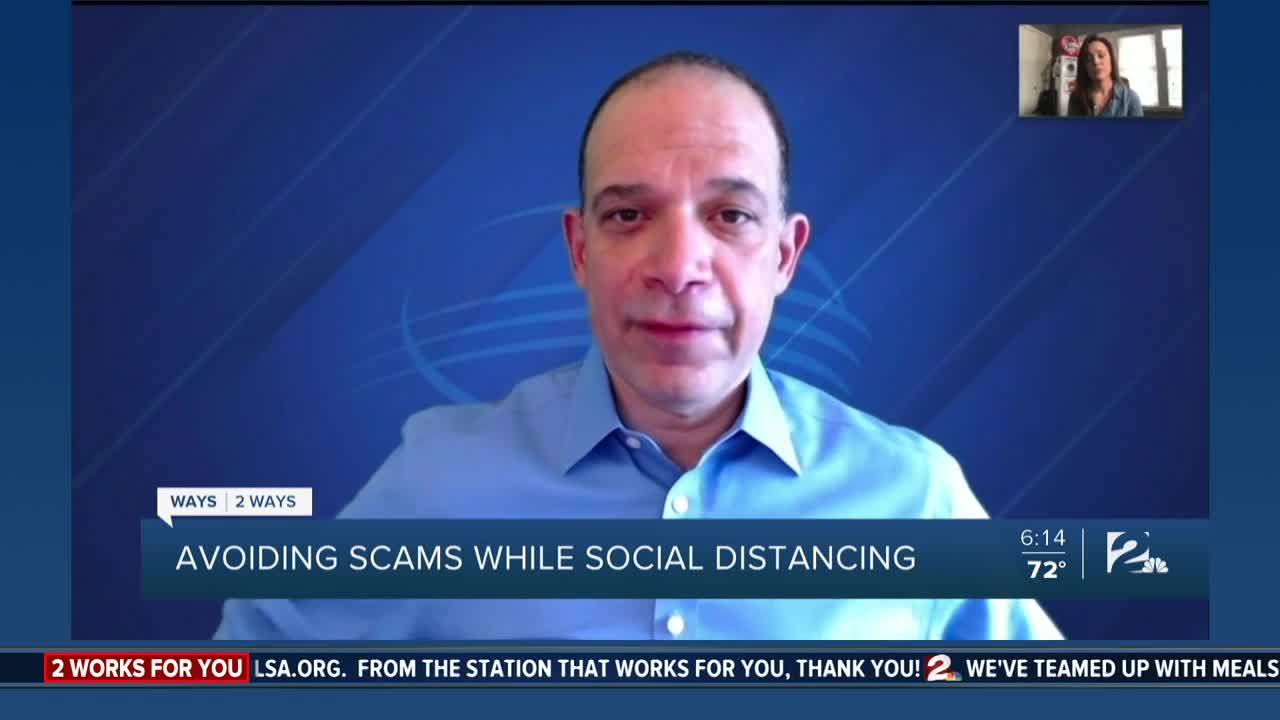The Oklahoma attorney general is cracking down on people looking to take advantage of Oklahomans during the coronavirus outbreak.
It’s not just price gouging they’re worried about, cyber security experts say the current environment is full of opportunities for hackers and fraudsters to take advantage of people.
“So, this is an opportunity made in heaven for them right? Some of the biggest fear across the world, across the country. So, there is a noticeable uptick in the amount of fake emails and scams all coming out related to the coronavirus,” said Henina Landa, CEO of Optimal Networks IT company.
Over the last two weeks, Landa says hackers have been upping their game by using the coronavirus as way to get personal information.
“One email came in and looked like it was from the World Health Organization asking people to download a file that would keep them and their loved ones safe, but in fact, all it did was download ransomware and take over their machine and track their keystrokes,” Landa said.
Landa says these types of messages are coming in on all platforms.
“Things are coming in as emails as texts as phone calls even pretending to be from the official organization,” Landa said.
What to do:
- Be suspicious of emails containing attachments or links.
- Never give out your personal information or login information over the phone or online without verification of who you’re giving it to.
- Watch out for emails that have spelling and grammar mistakes.
“Have your multi-factor authentication turned on your Google and your Facebook and your Microsoft 365, every app you can use two-factor authentication. Turn it on and have them text you codes. It’s annoying, but it’s very helpful,” Landa said.
The Oklahoma Employment Security Commission has already sent out a warning about fake websites posing as unemployment resources or places to file claims.
So, what happens if you think you’ve clicked on a fake link in an email or downloaded something you shouldn’t have?
“Turn off your computer as fast as humanly possible! How fast can you hold that off button? Because a lot of times these ransomwares pop up and start encrypting all of your files,” Landa said.
If you think you’ve been hacked, contact an IT professional immediately.
If you think you’ve been the victim of unemployment fraud, price-gauging or another type of fraud related to COVID-19, contact the OK Attorney General’s office via phone at 405-521-2029 or email consumerprotection@oag.ok.gov.
Stay in touch with us anytime, anywhere.
Download our free app for Apple and Android and Kindle devices.
Sign up for newsletters emailed to your inbox. Select from these options: Breaking News, Severe Weather, School Closings, Daily Headlines and Daily Forecasts.


